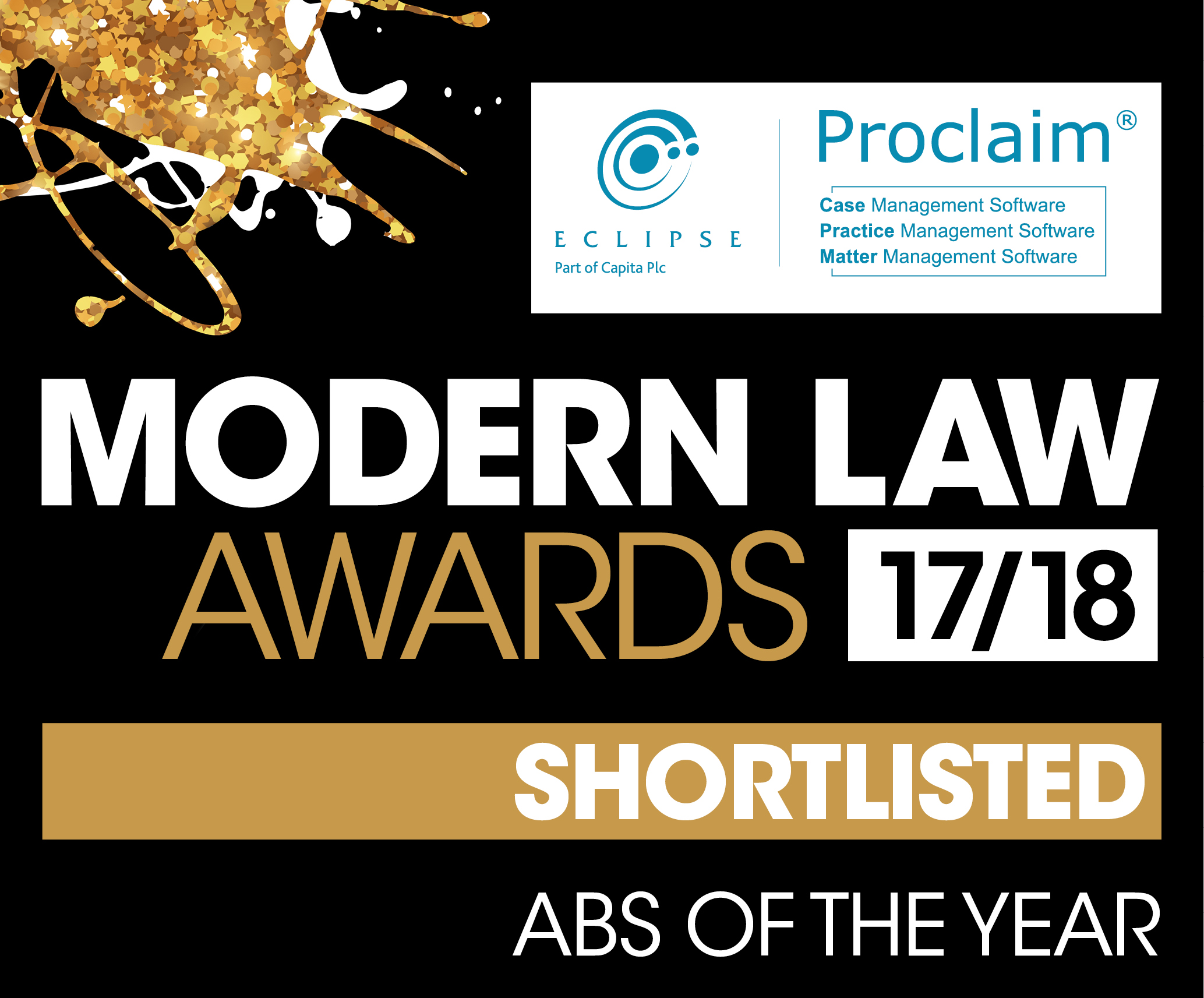A petition to wind a company up has serious consequences on the business and possibly the company directors also.
What is a Winding-up Petition?
When a creditor feels a company may not be able to pay for goods and services provided or trust is broken, they may decide to ask a solicitor to wind-up a company in order to recoup their debt.
It is a serious step for someone to wind-up a company because there is a cost to do this.
If the court decides at hearing to issue a winding-up order the debtor will cease trading, assets sold, the company will become defunct and if this is not bad enough there may be personal liability claims to answer to.
Defend a Winding-up Order
It is important that as soon as a winding-up order is received that you legal advice is sought.
During the period between receiving the order and before the court action it should be noted that the company cannot be placed in a CVL, Creditors Voluntary Liquidation, nor can the company or its assets be sold. These are criminal offences.
The company may be placed in a CVA, Creditors Voluntary Agreement although if there is time.
The court may decide that the company should be placed into administration.
In essence there are a number of potential outcomes but in any event the key element is to work as quickly as possible in order to avoid losing your company. You could of course have grounds to dispute the debt and we have acted and been successful for clients with their debtors be found to have abused the process.
If you need advice about a winding up petition or order, contact Selachii as soon as possible. Our London based lawyers have acted for many companies defending and representing in the law courts.
How Selachii Can Help
Selachii is a dynamic litigation and dispute resolution law firm based in Kensington, London. We put the best interests of our clients at the heart of everything we do. We work with both businesses and private individuals, giving them legal advice and support which is unique to them and their situation.
We don’t believe in simply handing out one-size-fits-all solutions to problems. We will focus on your specific circumstances before working out the best and most cost-effective way of helping you achieve your aims.
Winding-Up Orders and Other Debt Collection Devices
If the result of your all efforts to produce a payment from a debtor is that the debt is not settled, even after a judgment by the court, then there are still methods by which payment may be obtained.
Insolvency proceedings
If the debtor has sufficient assets to cover the debt owing to you, the taking of insolvency proceedings is a possibility. To do this, you have to have a judgment debt of sufficient size (£5,000) to commence proceedings for bankruptcy, or £750 to apply to put a company into liquidation. You can then issue a 'Statutory Demand for Payment'. This gives the debtor 21 days to pay the debt or 18 days to apply to the court to have it set aside. If neither is done, you can apply for the person to be made bankrupt or the company put into compulsory liquidation ('winding up').
This course of action is often effective because the outcome for the debtor is very severe. However, the procedure is relatively costly, and the recovery of any sum due depends on the cost and speed of the insolvency process as well as the value of the assets realised and the legal order of preference for paying off the creditors.
Repossession of goods
If your Ts and Cs allow it, you can recover from the purchaser any goods for which you have not been paid, provided these are identifiable as the items you have sold. Items sold that are incorporated into other products would not normally be able to be recovered.
Asset freezing and charges and Injunctions
The court may agree to allow you to take a legal charge over any assets (say a property), which will mean that you will be repaid (with interest) when the property is sold.
Freezing an asset is a means of stopping the asset being dissipated when proceedings are active and is used when you are afraid that the debtor may empty accounts and transfer the money in them somewhere where it cannot be found.
An injunction can be used to prevent the debtor taking actions which may have the effect of reducing the chances of getting paid or requiring the debtor to take specified actions if this would improve the chance of payment.
Attachment orders
In some circumstances, it may be appropriate to obtain an 'attachment order', which means that cash coming into the debtor's account will be used to pay what is owed to you before being used for any other purpose.
Other possibilities
Where the debt is substantial, there are a variety of possibilities, such as swapping debt for equity in a business and so on.
How Selachii Can Help
Selachii is a dynamic litigation and dispute resolution law firm based in Kensington, London. We put the best interests of our clients at the heart of everything we do. We work with both businesses and private individuals, giving them legal advice and support which is unique to them and their situation.
We don’t believe in simply handing out one-size-fits-all solutions to problems. We will focus on your specific circumstances before working out the best and most cost-effective way of helping you achieve your aims.
Call now
020 7792 5649
or
Complete the form below to arrange a consultation






